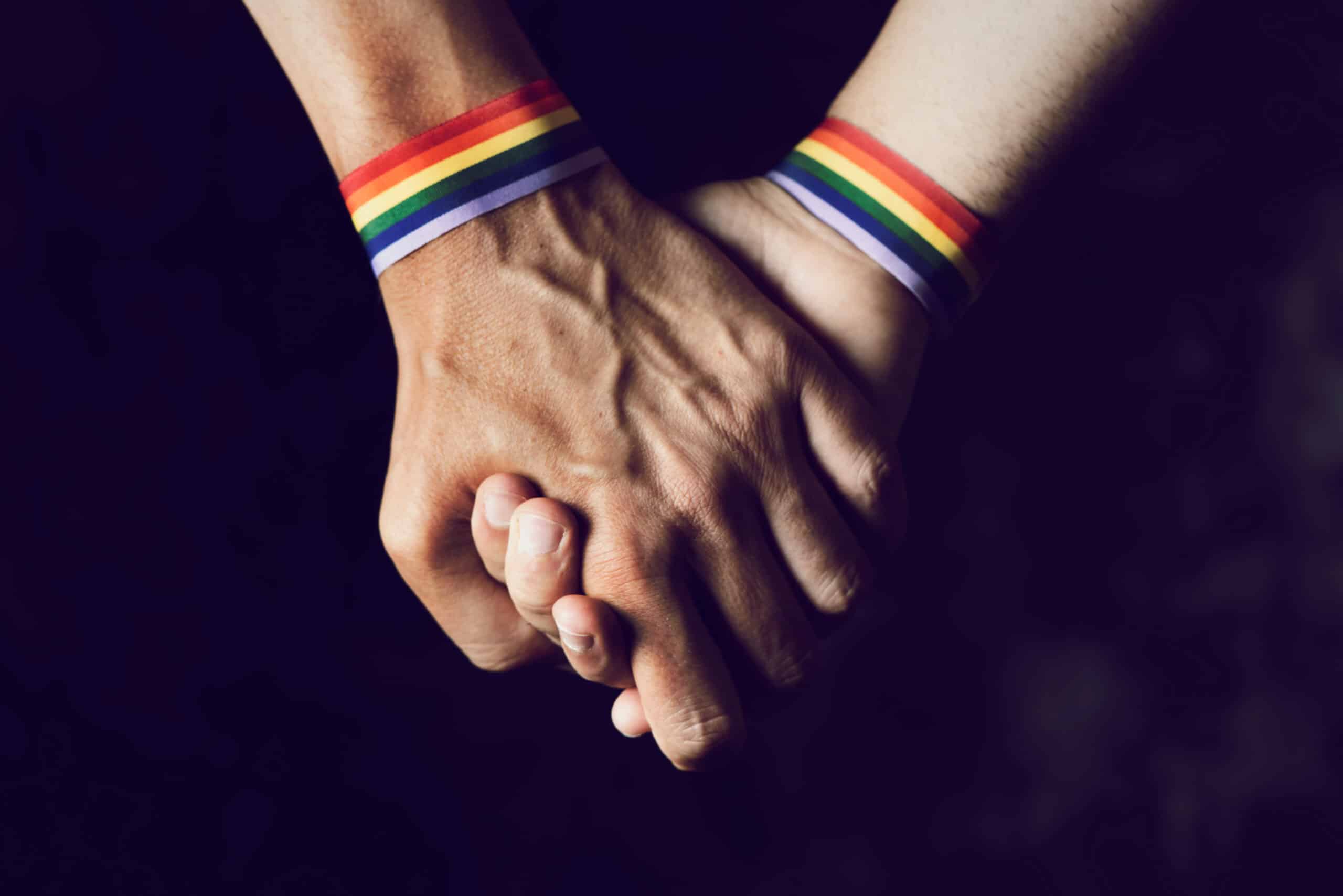According to NAMI, LGB adults are twice as likely as heterosexual adults to struggle with a mental health condition. The LGBTQ+ community struggles with a range of issues, from discrimination to potential rejection from family and friends and more, which can significantly take a toll on one’s mental health and well-being. Thus, the risk of why many people within the LGBTQ+ community are at an increased risk of mental health disorders and substance abuse disorders. Read on to learn more about LGBTQ+ substance abuse and mental health trends and issues.
At Calusa Recovery, we are a drug and alcohol rehab in Fort Myers committed to helping patients struggling with addiction and mental illness. We offer a wide range of treatment programs so patients can receive the best possible care and support to safely and effectively overcome their addiction and maintain a healthier, happier quality of life. If you are struggling with a mental disorder or addiction, you don’t have to battle your condition all on your own.
LGBTQ+ substance abuse trends are staggering. Regardless of your sexual orientation, you should never feel alone in battling addiction. Contact us today to learn more about how we can help you break free of addiction for good.
Mental Health Within the LGBTQ+ Community
Members of the LGBTQ+ community face many different issues that many heterosexual individuals don’t experience. Many LGBTQ+ members oftentimes face several challenges:
- Discrimination
- Prejudice
- Denial/unequal rights
- Harassment from strangers and loved ones
- Family rejection
All of these negative issues can significantly harm one’s mental health and well-being. Some members may even have a difficult time being their true authentic selves/ coming out, even for fear of facing one or more of the challenges listed above. Inevitably, not being able to be your true authentic self can also significantly harm your mental health and well-being.
Unfortunately, many members of the LGBTQ+ community may be afraid to ask for help and thus may turn to other unhealthy coping strategies to temporarily mask their mental health issues. This may include abusing drugs or alcohol, which can eventually lead to dependency and addiction.
Substance Abuse Within the LGBTQ+ Community
Substance abuse within the LGBTQ+ community is also prevalent. Unfortunately, many within the LGBTQ+ community may opt to abuse drugs or alcohol as a means to cope or self-medicate and thus temporarily ease the feelings of pain or suffering they may experience from both mental illness and negative experiences they may face because of their sexual orientation.
Although abusing drugs or alcohol, short-term can help reduce these painful feelings, abusing drugs and alcohol only does more harm than good. This is because continually abusing drugs or alcohol will eventually lead to your body becoming dependent on these substances, which in time can lead to addiction.
The Risk For Dual Diagnosis
Dual diagnosis occurs when a person struggles with both a mental disorder and a substance use disorder. Unfortunately, many in the LGBTQ+ community are at risk of developing a dual diagnosis. This is because, as discussed above, many members face discrimination and other negative issues that other heterosexual adults may not experience (based on their sexual orientation). This can inevitably lead to negative feelings and mental illness or lead to one abusing drugs or alcohol as a means to cope with these painful negative emotions.
If you suspect you may be struggling with mental illness, addiction, or a dual diagnosis and are a member of the LGBTQ+ (or not), it’s crucial you seek professional treatment to start on your road to recovery. You deserve to live a healthy, happy life while being your authentic self regardless of your sexual orientation.
FAQs
Q: Why is the LGBTQ+ community at a higher risk for mental health disorders?
A: The LGBTQ+ community faces unique challenges, including discrimination, prejudice, and family rejection. These stressors can take a toll on mental health, leading to conditions like anxiety, depression, and trauma-related disorders.
Q: What is dual diagnosis, and how does it affect the LGBTQ+ community?
A: Dual diagnosis refers to having both a mental health disorder and a substance use disorder. Many LGBTQ+ individuals are at higher risk of developing dual diagnoses due to the additional emotional strain caused by societal stigma and discrimination.
Q: Why do some LGBTQ+ individuals turn to substance abuse?
A: Substance abuse is often used as a way to cope with the pain and stress caused by discrimination, family rejection, and mental health struggles. However, this short-term relief can lead to addiction, exacerbating both mental and physical health issues.
Q: How can substance abuse be treated in LGBTQ+ individuals?
A: Treatment for substance abuse in the LGBTQ+ community should be inclusive and sensitive to the unique challenges faced by LGBTQ+ individuals. Rehab centers like Calusa Recovery offer personalized treatment plans to help individuals recover in a supportive environment.
Q: Is mental illness and addiction in the LGBTQ+ community curable?
A: While mental illness and addiction are ongoing challenges, both are treatable. With the right support and treatment, individuals can manage symptoms and lead fulfilling, healthy lives.
Conclusion
Help Is Available
Now you know more about LGBTQ+ substance abuse trends. Members of the LGBTQ+ community face a variety of negative issues, from unequal rights to discrimination and more, that can be difficult to handle and can negatively impact your mental health and well-being. If you are struggling with mental illness or addiction and are a part of the LGBTQ+ community (or not), it’s essential to realize that you don’t have to fight your disease alone.
At Calusa Recovery, we help patients overcome addiction and better manage their mental disorder symptoms to live a happier, healthier, more balanced quality of life. We provide individualized treatment plans because we understand that no two recovering addicts are alike. You don’t have to fight your disease in silence. Help is available at Calusa Recovery! Contact us today to learn more about how we can help you on your road to recovery.










